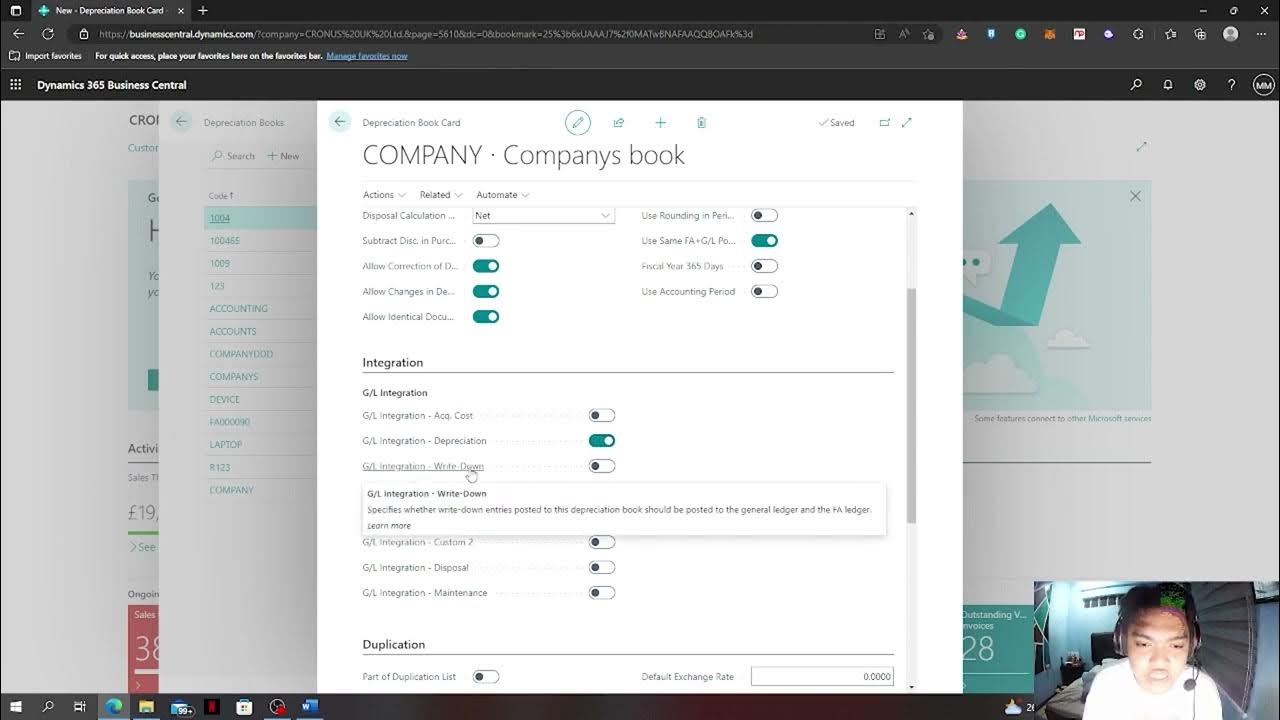how to write a book review | Reading andWriting for Senior High School
Summary
TLDRIn this educational video, the presenter explains the key differences between a book review and a book report. A book review requires a deeper analysis and evaluation of the book’s arguments, evidence, and overall contribution, while a book report typically focuses on summarizing the book’s content. The video also provides practical guidance on how to write a compelling book review, including the structure and important elements to include, such as the introduction, summary, analysis, and conclusion. Key challenges in writing a book review, such as summarizing instead of analyzing, are also addressed, alongside useful analytical questions to guide the process.
Takeaways
- 😀 A book review is different from a book report: it involves analyzing and evaluating the book’s arguments, not just summarizing it.
- 😀 A book review requires you to provide a reasoned argument, supported by evidence, about the strengths and weaknesses of the book.
- 😀 In a book report, the goal is simply to summarize the book's content, whereas a book review aims to critique and analyze it.
- 😀 A key difference in a book review is moving beyond personal opinion (e.g., liking or disliking the book) and providing a detailed evaluation based on evidence.
- 😀 The structure of a book review typically includes an introduction (5%), summary (10%), critique/analysis (75%), and conclusion (10%).
- 😀 When writing a book review, include a thesis statement in the introduction, and make sure your evaluation is focused and well-supported.
- 😀 Common mistakes in book reviews include over-summarizing the content, writing a research paper instead of a review, and relying too heavily on personal opinions.
- 😀 A book review should be organized logically so the reader can follow the flow of your analysis and critique.
- 😀 Analytical questions, such as 'What is the main argument?' and 'How persuasive is the book?' can guide your review and ensure depth in your evaluation.
- 😀 It’s crucial to read and reflect on the book thoroughly before writing the review to avoid superficial analysis and to ensure a strong critique.
Q & A
What is the primary difference between a book review and a book report?
-A book report focuses on summarizing the content of the book, while a book review involves analyzing and evaluating the book's key arguments, strengths, weaknesses, and its contribution to a specific field.
Why is analysis and evaluation crucial in a book review?
-Analysis and evaluation are essential because they go beyond personal opinions, requiring a reasoned judgment of the book’s arguments, evidence, and overall contribution to the subject matter.
What common mistake do students often make when writing a book review?
-A common mistake is focusing too much on summarizing the book rather than analyzing and evaluating its content. The goal is to discuss the main arguments and evidence rather than recounting every detail.
What is a book review expected to achieve beyond summarizing the book?
-A book review is expected to provide a critical analysis of the book's strengths and weaknesses, examining how the author supports their arguments and how the book contributes to understanding a broader topic.
What should be included in the introduction of a book review?
-The introduction should include a brief background on the book and a thesis statement that outlines the main argument or perspective of the review.
What percentage of the book review should be dedicated to the critique or evaluation?
-The critique or evaluation should make up 75% of the book review. This section involves analyzing the arguments, supporting evidence, and the effectiveness of the book.
How should personal opinions be incorporated into a book review?
-Personal opinions should be based on a careful evaluation of the book’s arguments, rather than superficial feelings of whether the book was enjoyable or not. The opinions should be supported with evidence from the book.
What are some common problems that can affect a book review?
-Common problems include writing a research paper instead of a review, not reading the book thoroughly, failing to provide a clear organization, and relying on personal feelings rather than objective analysis.
What kind of questions should a book reviewer ask to guide their analysis?
-A reviewer should ask questions like: What is the book's main argument? Who is the intended audience? How is the book structured? What sources or examples does the author use, and how effective are they? Does the author show bias?
What is the suggested structure for writing a book review?
-The book review should have an introduction (5%), a summary (10%), a critique/evaluation (75%), and a conclusion (10%). This structure helps ensure a clear and logical progression of the review.
Outlines

This section is available to paid users only. Please upgrade to access this part.
Upgrade NowMindmap

This section is available to paid users only. Please upgrade to access this part.
Upgrade NowKeywords

This section is available to paid users only. Please upgrade to access this part.
Upgrade NowHighlights

This section is available to paid users only. Please upgrade to access this part.
Upgrade NowTranscripts

This section is available to paid users only. Please upgrade to access this part.
Upgrade NowBrowse More Related Video

Primary vs Secondary Sources Tejeros Convention (1897)

Discuss and Transact Depreciation Posting and Depreciation Books

Pembahasan Report Text Paling Lengkap

Conceitos Elementares do Materialismo Histórico #01 Produção

Kurikulum Merdeka Bahasa Indonesia Kelas 8 Bab 1: Teks Laporan Hasil Observasi

REPORT TEXT KELAS 10 (X) BAHASA DAN SASTRA INGGRIS LINTAS MINAT
5.0 / 5 (0 votes)